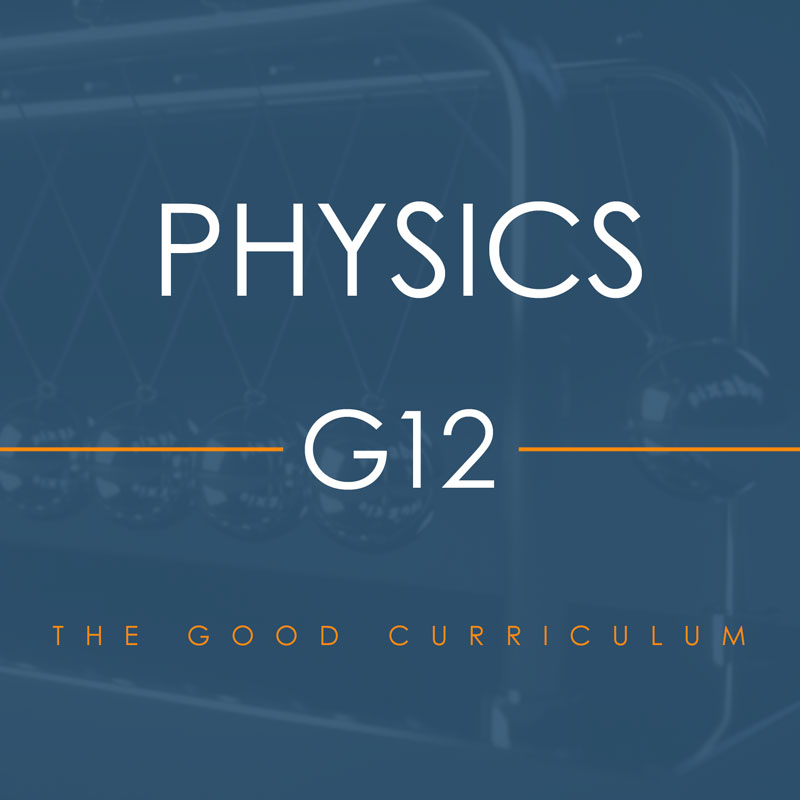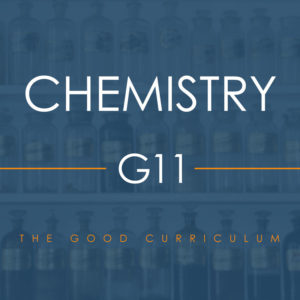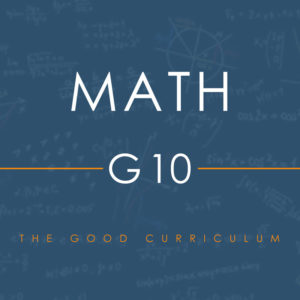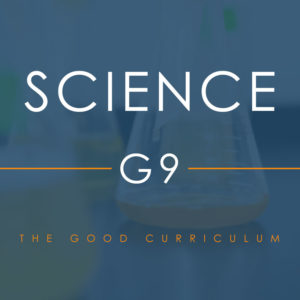Description
About the course
This will be a course in physics. I will assume that many of the students have gone through my physical science class. While I will teach the course so that a student can understand it without having had a physical science course, that background will help.
I will assume that students are proficient in algebra and know a little bit of trigonometry. I will review the trigonometry that they will need.
I will begin the course with introductory topics and background topics such as the Scientific method, measurements and units and definitions of the various fields within physical science
An understanding of the scientific method is crucial for the students. Before the development of the scientific method, western civilization believed for thousands of years that the world was governed by theories proposed by Aristotle. This method and the thinking that accompanies this will permeate the course.
I will then cover all of the major concepts in classical physics such as the laws of motion, vibrations, optics, electromagnetics, fluid mechanics, and thermodynamics.
This course focuses on the fundamentals of physics. The course is algebra-based rather than calculus-based. This is normal for high school physics courses in American education.
Unlike typical high school physics courses, this course focuses heavily on not just learning by rote, but on understanding, in a logical and intuitive way, the physical laws involved. Most high school physics courses are taught by teachers with degrees in education and a slight education in science. This course is taught be a former university instructor in physics and physical science, who now teaches university-level engineering courses. Also, he is a frequently hired expert witness in court cases involving engineering issues. He has the ability to explain things so that juries understand.
The students will also learn sound problem-solving strategies that will serve them well in any STEM courses they choose to take in college. It will most certainly make any introductory university physics course much easier.
Students who successfully complete this course will learn “how to learn” science. They will obtain an intuitive and deep grasp of physical and chemical principles that will serve them well in later courses in this curriculum, and will make their college courses in these subjects much easier.
What students have said about my physical science course
Below are some quotes from students who took my 9th grade Physical science course the first year:
“I would just like to thank Mr. Hamilton for providing this great class, I have learned a lot, and this is my favorite class. The lectures aren’t dry, the occasional joke is good, it makes the class more lively. And there is something about Mr. Hamilton’s lecture style that just shouts deep knowledge on whatever he’s talking about. That gives me comfort that he thoroughly knows what he’s teaching. This is a huge educational leap from my public school life a couple of years ago. Thank you for your dedication to providing this class for us.”
“Thanks for all the awesome lessons, and for being a great teacher.”
~Perrissa
“I agree. I was never a very science oriented person, but now I love to learn more and more about it. Thank you Mr. Hamilton.”
Myriam
“Mr. Hamilton, I would just like to thank you for all the hard work that you put into these videos. You make it very enjoyable to listen to. But I especially love your diagrams. (You don’t draw like a two-year-old; actually, in fact, you draw better than I do!) Just today, I didn’t quite understand what you were trying to say. But when you drew it out, I understood completely.
Thank you so much!”
Forrest
“I also enjoy Mr. Hamilton’s lessons and thanks for them. Science is sooo Interesting. My Family went to the Orlando Science Center a few months ago and we had a blast. Also that made Science even more exciting. I agree with Forrest about your drawings, Mr. Hamilton. Thanks again for the awesome lectures.” ~Perrissa 🙂
About the instructor
Mr. Hamilton has a BS and MS in mechanical engineering. He has worked professionally as an engineer both as a company employee and as an independent consultant. He has spent over a decade teaching Engineering and Science to university students and understands both how to teach complex topics and what students need to know to be able to succeed in the STEM fields.





Reviews
There are no reviews yet.